|
I’ve heard an Organ talk, sometimes In a Cathedral Aisle, And understood no word it said Yet held my breath, the while And risen up and gone away, A more Berdardine Girl Yet know not what was done to me In that old Hallowed Aisle. - Emily Dickinson 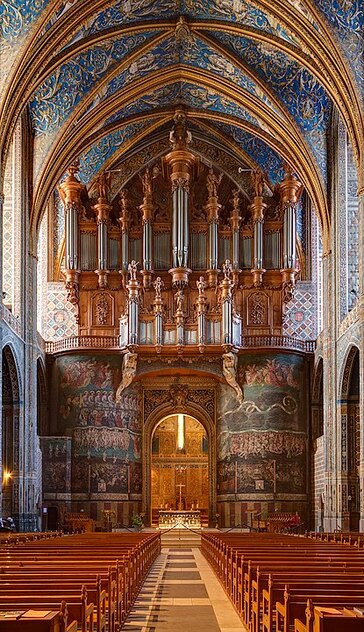 By PierreSelim - Self-photographed, CC BY 3.0, https://commons.wikimedia.org/w/index.php?curid=31317756 By PierreSelim - Self-photographed, CC BY 3.0, https://commons.wikimedia.org/w/index.php?curid=31317756 To be transformed by an unforeseen source is all the more a mystery. A foreign culture. An arcane instrument. Weird music. From Aaron Copland's 1950 song cycle Twelve Poems of Emily Dickinson we hear number ten, "I've Heard an Organ Talk Sometimes", sung by soprano Blair Carpenter. Copland creates a sacred space of sound as the character of Dickinson's poem enters a cathedral and encounters the mysterious sanctuary pipe organ. A stranger in a strange land, brave yet altered, much like Ruth and Naomi crossing the border in the scripture reading this Sunday morning. And indeed we too will hear the organ speak! Two selections from esteemed American composer and organist Emma Lou Diemer will be offered. First, her setting on the beloved hymn "Joyful, Joyful, We Adore Thee": a playful and eccentric arrangement culminating in an ecstatically dissonant final verse. Second, the "Toccata for a Joyful Day": a flashy ode to joy and burst of optimism for the day ahead.
0 Comments
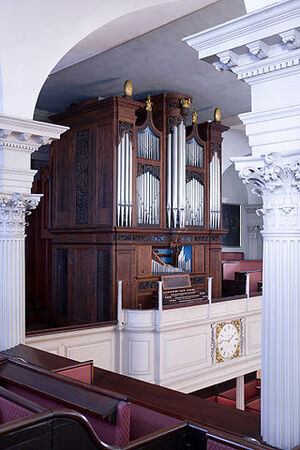 By Tneorg - Own work, CC BY 3.0, https://commons.wikimedia.org/w/index.php?curid=5392465 By Tneorg - Own work, CC BY 3.0, https://commons.wikimedia.org/w/index.php?curid=5392465 Organ works by 20th century American composers will permeate the morning service this holiday weekend. "Aria" by Paul Manz begins worship with an instrumental depiction of the classic vocal solo aria. A setting of the hymn "Jesus Calls Us, o'er the Tumult" by William Bolcom contains jazz-inspired harmonies composed in a chorale prelude style reminiscent of the Baroque era. Daniel Pinkham's "Festive March" sends us out into the day. The piece is an excellent example of the composer's quirky and idiosyncratic harmonic and rhythmic sensibilities. It is also worth noting that Pinkham was organist for 42 years at King's Chapel in Boston, the first Anglican church established in New England in 1686. What's in a name?
This Sunday morning's organ selections were composed for a purpose and simply entitled as such. For the prelude, Edward Shippen Barne's "Prelude" begins the services. Opening modestly, the work evolves into complex harmonies reminiscent of the French 19th and 20th century organ composers, no doubt influenced by his study with Louis Vierne. Vierne was the titular organist at the Cathedral of Notre Dame, Paris from 1900 to his death in 1937. His ethereal composition Communion will be heard during the 9:00 a.m. service communion time. Postlude by Welsh organist and composer William Mathias ends the services in an elegantly jubilant spirit. The Chancel Choir presents a setting of the 1847 Shaker hymn "Followers of the Lamb" by Robert Wetzler. The text, altered slightly to suit contemporary Christian sensibilities, speaks to obedience and the delight in following the way of the Spirit. Organ works by 20th century French composer Jean Langlais will be presented this Sunday autumn morning. Blind from the age of two, Langlais still managed to acquire great acclaim as an organ and choral composer, improviser, and concert artist. He was appointed to the Basilica of Sainte-Clotilde, Paris in 1945, a post he kept for over forty years whose predecessors included César Franck and Charles Tournemire. In the same year, his collection of Nine Pieces was published, including several miniatures, "songs," depicting specific affects such as sorrow and quiet joy. This Sunday, we will hear the plaintive and otherworldly Song of Peace and the mystical yet triumphant Song of Joy. For the 9:00 a.m. communion time, a selection from Langlais' 24 Pieces (1934-36), Prélude modal. The music of Jean Langlais is characterized by his love of Gregorian Chant and complex striking harmonies with shifting modalities, as will be heard in the previous selection. The Chancel Choir will offer another "song" as well, A Song of Community by John Ferguson. Conducted by Amy Welsh, the work is a five-verse hymn anthem (tune of Wareham), accompanied by organ and The Plymouth Ringers, which will culminate with the choir and you, the congregation, singing the final verse together. Additionally, the Youth Bells will offer Arnold Sherman's Jubilee! led by Director Kathee Houser.
At 6:00 p.m., Bobby is joined by the now familiar talents of Blair Carpenter (cantor), Alan Skowron (guitar), and Peter Strening (bass) for another excursion into this early evening alternative worship experience. Writing organ works based on chorales is a time-honored tradition among composers for the organ, serving practical purposes for service use as well as creative variations on a theme for the concert hall. Sigfrid Karg-Elert produced his 66 Chorale Improvisations, Op. 65, dedicated to French organist Alexandre Guilmant, between 1906-1908 in six volumes encompassing chorales from the entire liturgical year. An Wasserflüssen Babylon (By the rivers of Babylon), a meditation on Psalm 137, begins the morning services. And from his compilation 20 Preludes and Postludes (1912), a postludium on the chorale Sollt ich meinem Gott nicht singen (I will sing my maker's praises) completes the services. Gabriel Fauré's setting of Pie Jesu, from the famous Requiem in D Minor, will be sung at the early service by soprano Blair Carpenter, who also serves often as cantor for the 6:00 p.m. service and sings with the Chancel Choir regularly as part of the Choral Section Leader Program. At 11:00 a.m., the Chancel Choir will present Blessed Be the Lord, My Rock by composer Abbie Betinis, a work conceived on September 12, 2001 as a response to the national tragedy a day prior and a prayer to the victims and survivors.
At the 6:00 p.m. service, the music will take on a distinctive Hawaiian flair with steel guitarist Chris Kennison and Plymouth's resident ukulele guru Stuart Yoshida. It is to organ works composed with the English Cathedral in mind we go this Sunday morning. Composer George Oldroyd served as organist at St. Alaban's Church, Holborn and St. Michael's Church, Croydon, both Anglo-Catholic parishes in the Church of England. His first of the triptych Three Liturgical Improvisations, a musical expression of Psalm 84, verse 2 ("My soul hath a desiring and longing to enter the courts of the Lord") will be heard at the Prelude. During communion at 9:00 a.m., Anglo-Canadian organist and composer Healey Willan's setting of Orlando Gibbon's late-Tudor era tune Song 1 will be offered. The tune can be found in The Hymnal 1982 (Episcopal) with the communion text "Thou, who at thy first Eucharist didst pray." For the Postlude, Healey Willan's majestic voluntary Postlude in D will conjure images of a grand cathedral procession out into the world at service's end.
During the 11:00 a.m. communion, the Chancel Choir will offer Jesus Took the Cup, a Hal Hopson arrangement of the Scottish tune The Lichtbob's Lassie with a text paraphrase of 1 Corinthians 11.24-26, also by Hopson. The anthem will be conducted by choir member Amy Welsh and the solo sung by our new soprano choral section leader Blair Carpenter. Blair cantors regularly at the 6:00 p.m. services and has sung many times with the Chancel Choir this past year. We are fortunate that she has agreed to be the newest addition to the Choral Section Leader Program, welcome! As has become custom the first Sunday of each month, the 6:00 p.m. service will offer a contemplative tone for prayer, reflection, and a meditative ending to the day. Harpist Alaina Borgers, cantor Blair Carpenter and pianist Bobby Brannock will offer music to assist you along the way. |
Details
|
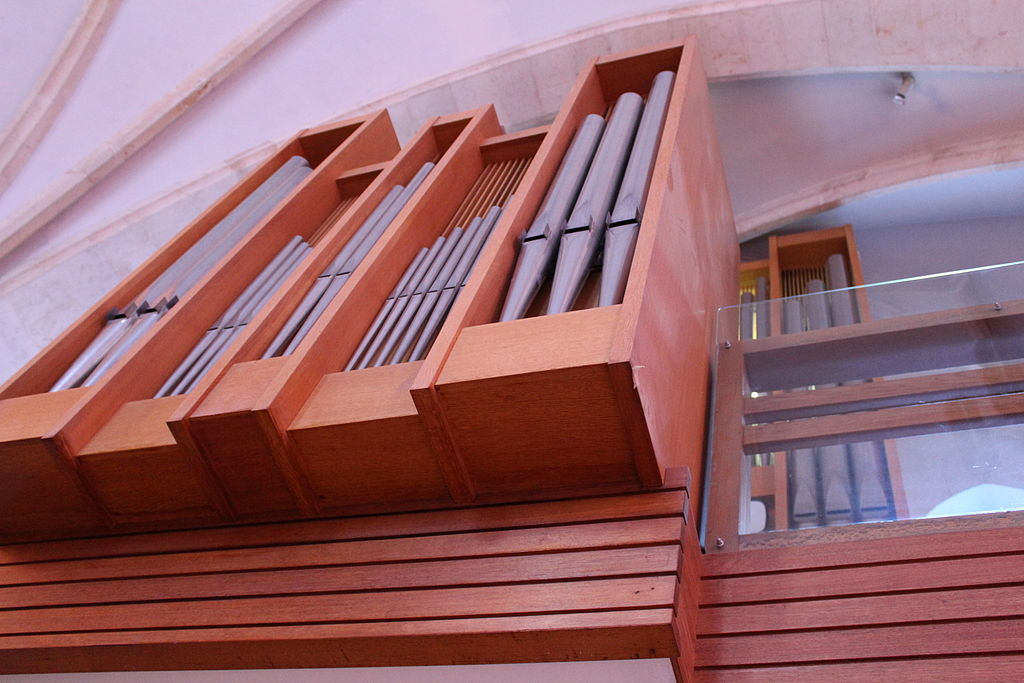
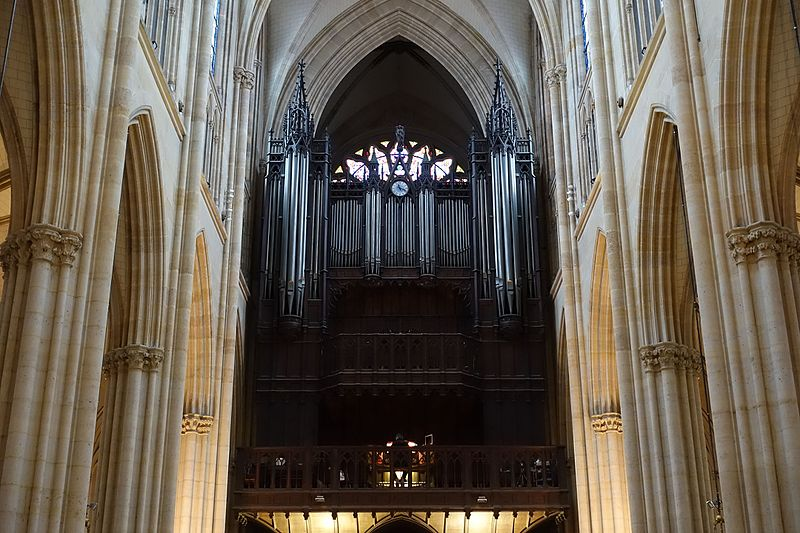
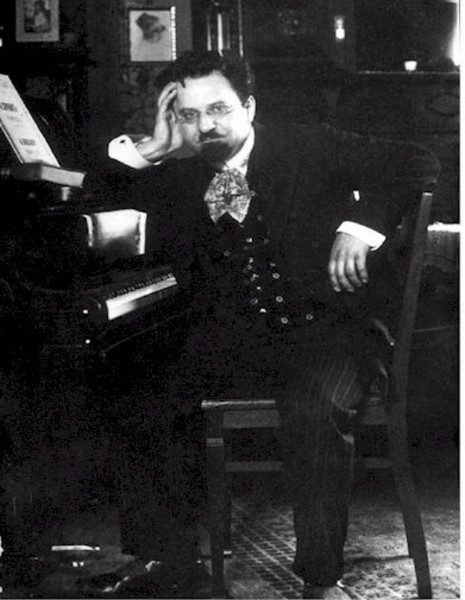
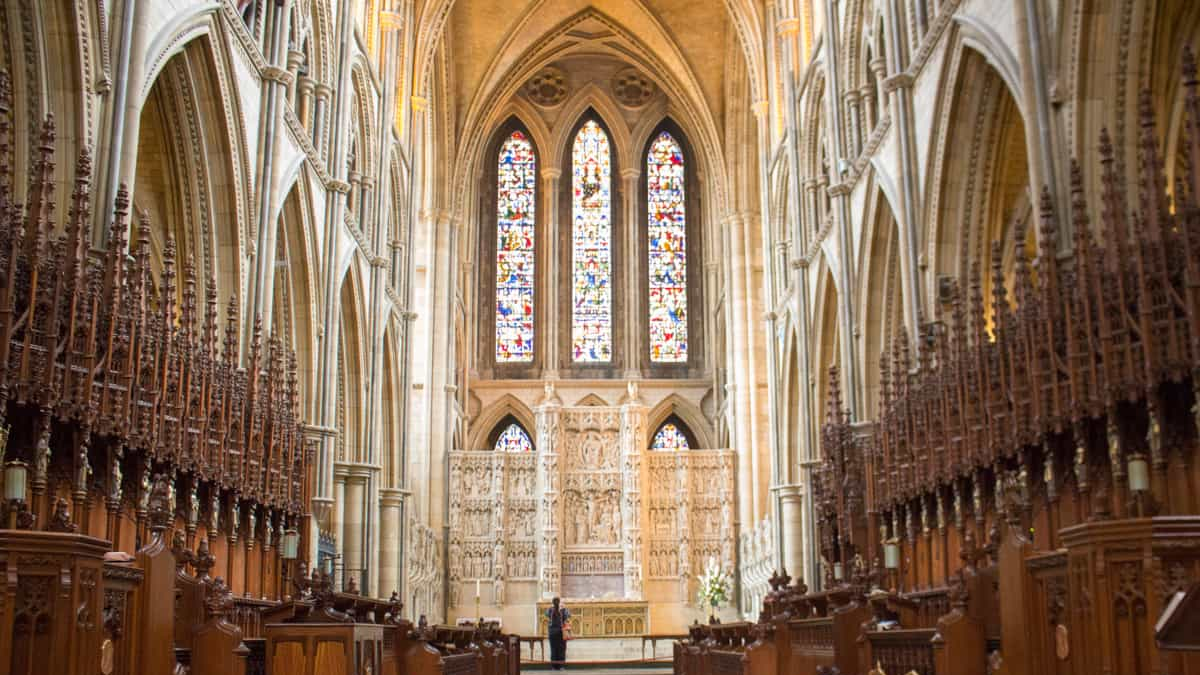
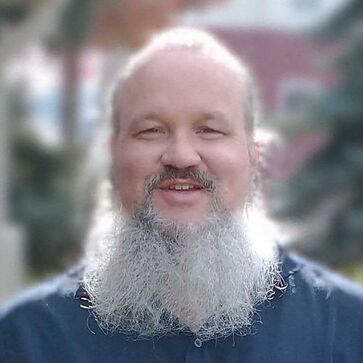
 RSS Feed
RSS Feed